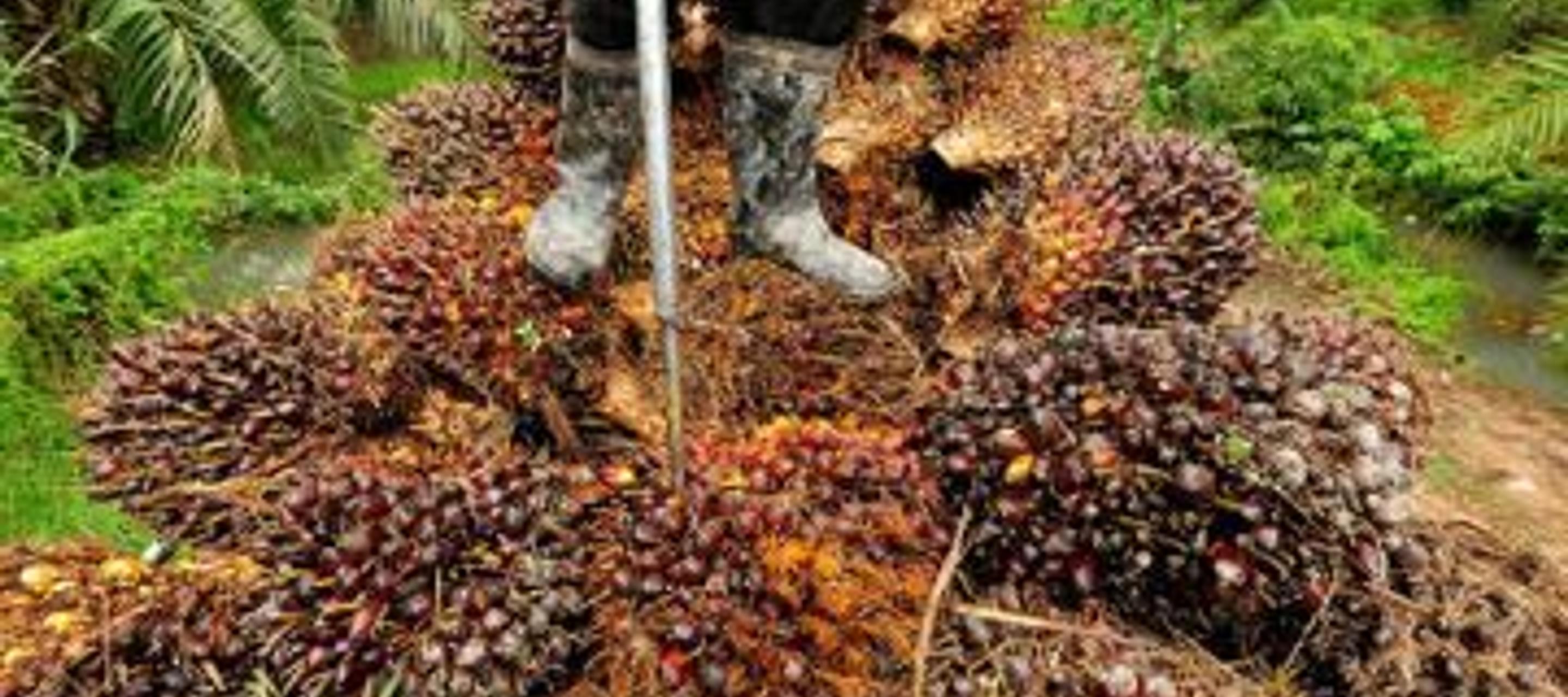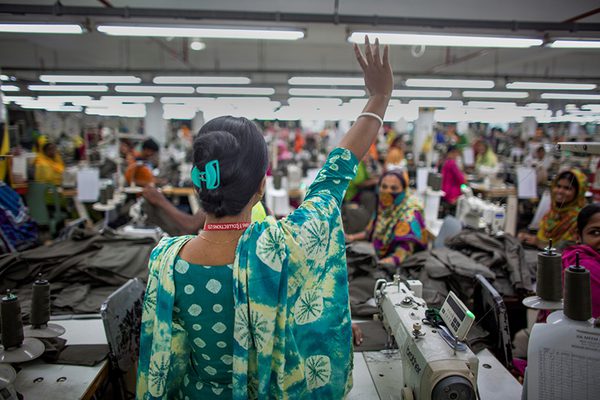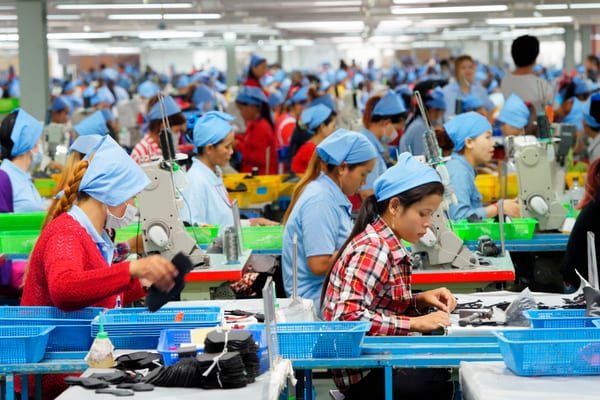Organisations Seek Stronger Labour Protections in Palm Oil Industry
3 March 2015

Today an impressive coalition of diverse human rights and environmental organisations launched the Free and Fair Labor in Palm Oil Production: Principles and Implementation Guidance. Endorsed by more than 20 organizations from around the world, this guide represents a major step forward in the dialogue on responsible palm oil.
Palm oil is the most widely used vegetable oil in the world, and its production has long been the focus of environmental groups concerned with issues such as deforestation and destruction of carbon-rich peat lands.
In recent years, however, social issues associated with palm oil production have come increasingly to the forefront. The Roundtable for Sustainable Palm Oil (RSPO) – a membership organization with the objective of promoting the growth and use of sustainable oil palm products through credible global standards and engagement of stakeholders – expanded its Principles and Criteria in 2013 to include important new protections on human and labor rights, such as forced and trafficked labor, and child labor. New institutional mechanisms have also been established at the RSPO, including a Human Rights Working Group, and social NGOs are also advocating for the establishment of a Labor Rights Working Group.
This is important progress, but both the RSPO and individual companies that produce, trade, and use palm oil could still do more to protect human and labor rights in their supply chain.
The guidelines proposed today lay out civil society expectations for the labor and human rights dimensions of responsible palm oil. They are based on the frameworks enshrined in the International Labour Organization’s core conventions and the UN Guiding Principles on Business and Human Rights, and they build on the existing standard established by the RSPO.
The guide focuses on issues faced by particularly vulnerable groups of workers, including women and migrants. It goes beyond the RSPO standard by addressing issues such as recruitment fees, document retention, and informality in the hiring process, three factors which increase workforce vulnerability. These provisions are critical to address widespread practices associated with forced labor in the palm oil industry, which include debt bondage, non-payment and withholding of wages, physical and sexual violence, and child labor. Even those plantation and mill workers not subject to the most extreme forms of labor exploitation face harsh working conditions and challenges to basic human and labor rights, such as exposure to highly hazardous pesticides and extremely long working hours in poor conditions, for very low wages.
Understanding this reality, it is imperative that those companies that source, trade, and produce palm oil make sure that the rights of workers are respected and that they have the opportunity to earn a decent livelihood for themselves and their families.
Over the past 18 months, companies that produce and trade palm oil – such as ADM, Cargill, and perhaps most importantly Wilmar, the agribusiness giant that controls up to 80 percent of global palm oil trade – have made new or improved commitments to produce and source responsible palm oil. During the same period, more than 20 consumer goods companies – including Unilever, Kellogg, and Procter & Gamble – have also made promising commitments. Together this represents an impressive shift, which looks poised to cascade through the rest of the industry.
The true challenge – and the opportunity – for these and other corporate actors is to effectively implement these promising commitments. The principles and guidelines outlined in Free and Fair Labor in Palm Oil Production are a tool that can be used by companies at all levels of the supply chain to link these commitments to action and ultimately to impact on the ground. In addition to articulating a comprehensive normative framework, the guide also provides specific guidance that can help in the design of more effective policies, due diligence systems, and grievance mechanisms in line with international good practice.
Because the guidelines are so detailed, any company attempting full implementation would need to develop a roll out plan and establish interim benchmarks toward completion. The recommendations on due diligence and transparency mirror the broader trend toward greater transparency and disclosure related to human rights in supply chains, enshrined both in normative standards such as the UN Guiding Principles and in regulatory statutes such as the California Supply Chains Transparency Act. Because increased transparency is essential to successful implementation of any policy commitment, this would be an ideal starting point for any entity that is committed to identifying and addressing violations of human and labor rights in palm oil production.
The next two years will be pivotal in the debate on responsible palm oil, with responsibility commitments due during this time from giants such as Mondelez (the global snack and food brands of former Kraft foods), PepsiCo, and Wilmar. As these companies understand their responsibility and invest in systems to address trafficking and forced labor in their supply chains, they have an opportunity to ensure honest wages and fair working conditions for millions of palm oil workers around the world.



